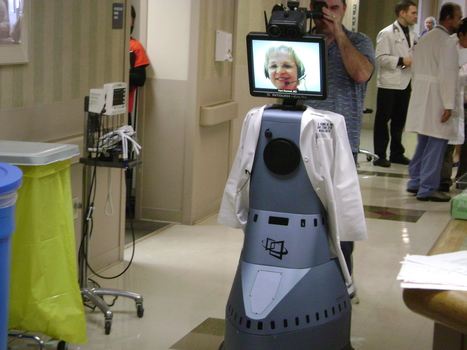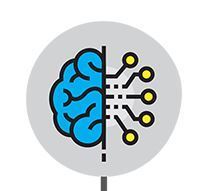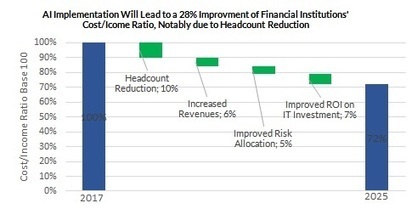Az új kolléga nagyon rendes, udvarias, segítőkész és precízen dolgozik. Sose okoz problémát. Ha nem tud valamit, kérdez, és elsőre megtanulja. Bárcsak mind ilyenek lennénk!
Research and publish the best content.
Get Started for FREE
Sign up with Facebook Sign up with X
I don't have a Facebook or a X account
Already have an account: Login

 Your new post is loading... Your new post is loading...
 Your new post is loading... Your new post is loading...
|
|















Tavaly októberben jelent meg az Élet és Tudományban (2017/41. szám, 1300-1302. oldal) az NJSZT és az Élet és Tudomány együttműködése keretében írt ismeretterjesztő cikkem a mesterséges intelligencia munkahelyi szerepéről. Úgy látom, ma is nagyrészt érvényes és aktuális :-)
#robot #artificialintelligence #AI #RPA #NJSZT @NeumannSociety